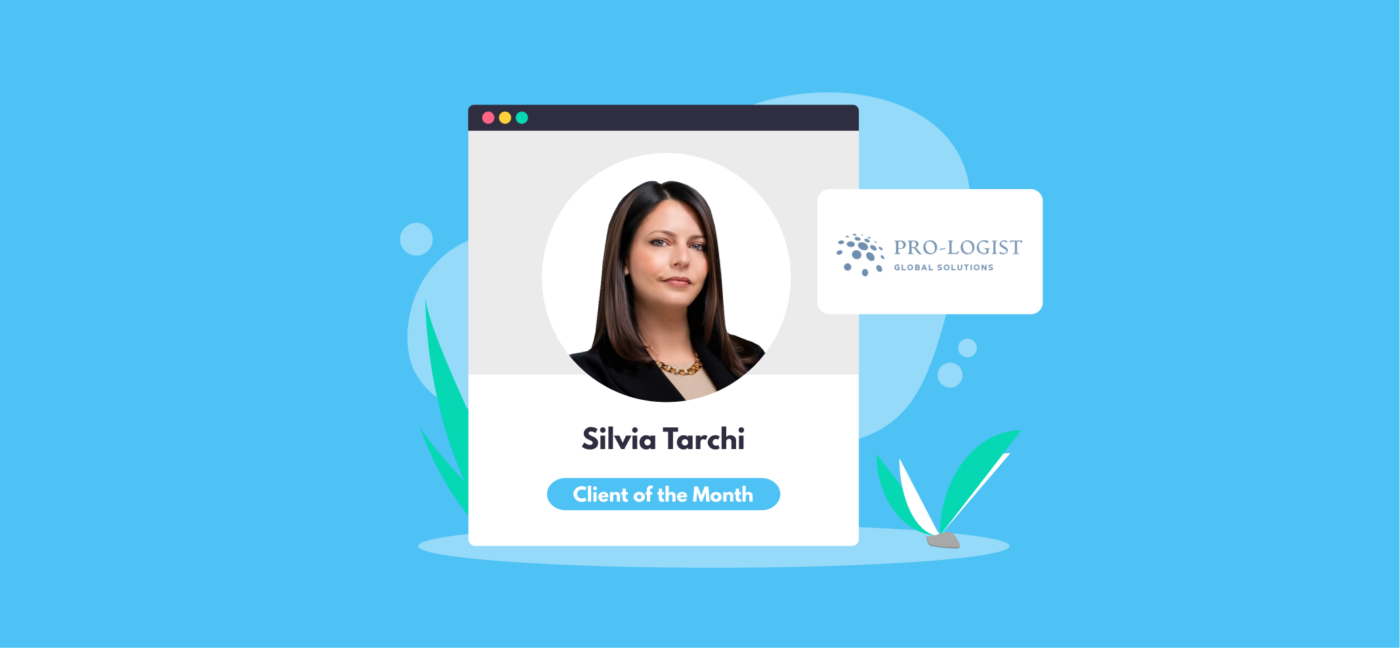

What Does Equity Mean in a Business?
Equity can be used as a way to look at the financial health of a business, as well as understanding its ownership.
What is business equity?
In financial terms the word ‘equity’ describes the value of a business once any liabilities are deducted from its assets. The more equity a business has, the more valuable it is.
- Assets are things that the business owns which have a value, such as property, cash, equipment, copyrights, branding, or money owed to you by customers
- Liabilities are something that you need to pay in the future, such as tax, loan repayments, salaries, and suppliers
It’s important to remember though, that a business usually isn’t worth just the equity on the balance sheet. There can be much more value, such as the company’s potential growth, market opportunities, or its customer base and brand loyalty.
What are equities?
In its simplest form, equity means the value of a business. This value is split up amongst shareholders when the company issues shares.
So, you can own equities in a business and as a result, you’ll own part of the equity of the business.
Using equity in a company
The equity or ‘value’ of a company can be used as a way to find investment, or even to reward and motivate employees. This is because having equity in a company means that you own part of it – also known as being a shareholder.
Being a shareholder normally means you’re entitled to receive dividend payments from the company’s profits, according to the number and type of shares that you own.
The more equity you own in the business, the larger your portion of those funds will be.
Shareholders might also have the option of selling their shares for a profit at a later date, although some companies use a special shareholder’s agreement to limit who they can be sold to.
Giving shares to employees
Some companies issue shares to employees as a reward for good performance, or offer them at a special purchase price. This can be very attractive because it enables employees to share in the profits that they help to make.
If the company is still quite young or has lots of potential to grow, then you might even use this as an incentive to recruit talented people. These are broadly known as Employment Related Securities (ERS) schemes, although there are lots of different types to consider.
Selling equity to raise funds
When you own shares in a business, then you own equity and a share of the profits. If the business does well, then the profits grow, and so does the equity value. A limited company which needs to raise money to finance further growth might consider selling equities (shares) in the company.
Known as equity finance, selling shares in order to raise funds for the business is actually fairly common.
You can sell shares to anyone you like, although you do need to be careful about how you describe them. There are strict rules about promoting investments!
Should I sell or give away equity in my company?
Every business is different, so this depends on what you and your company hope to achieve by doing so. Some companies create different types of shares, sometimes known as share classes or ‘alphabet’ shares because of how they’re recorded.
This enables them to issue or create shares whilst controlling what the shareholder is entitled to. For example, giving them a smaller cut of the company’s profits, or removing their right to vote on big company decisions.
Just be aware that share structures can get quite complex, so always take advice if you’re not sure!
Learn more about our online accounting services for businesses. Call 020 3355 4047 to chat to the team, and get an instant online quote.
Want to learn more?
Subscribe to our newsletter to get accounting tips like this right to your inbox

Read more posts...

April 2024 Client of the Month: Pro-Logist ltd
23rd April 2024This month we spoke to Silvia, Managing Director of Pro-Logist ltd! Pro-Logist ltd | LinkedIn Hey Silvia! Tell us about your business Pro-Logist,…
Read More
The Self-Employed Guide to Retirement Planning
19th April 2024Pension planning is often something we forget about until later in life, but the earlier you think about it, the better. Everyone…
Read More
14 Accountancy Terms Explained for Startups
17th April 2024Starting a business can be complicated enough, especially with all the new lingo that crops up along the way. In this article…
Read MoreConfirm Transactions
The number of monthly transactions you have entered based on your turnover seem high. A transaction is one bookkeeping entry such as a sale, purchase, payment or receipt. Are you sure this is correct?
Please contact our sales team if you’re unsure
VAT Returns
It is unlikely you will need this service, unless you are voluntarily registered for VAT.
Are you sure this is correct?
Call us on 020 3355 4047 if you’re not sure.
Bookkeeping
You will receive our bookkeeping software Pandle for free, as part of your package.
You can use this to complete your own bookkeeping, or we can provide a quote to complete your bookkeeping for you.
Please select and option below:
Call us on 020 3355 4047 if you’re not sure.

